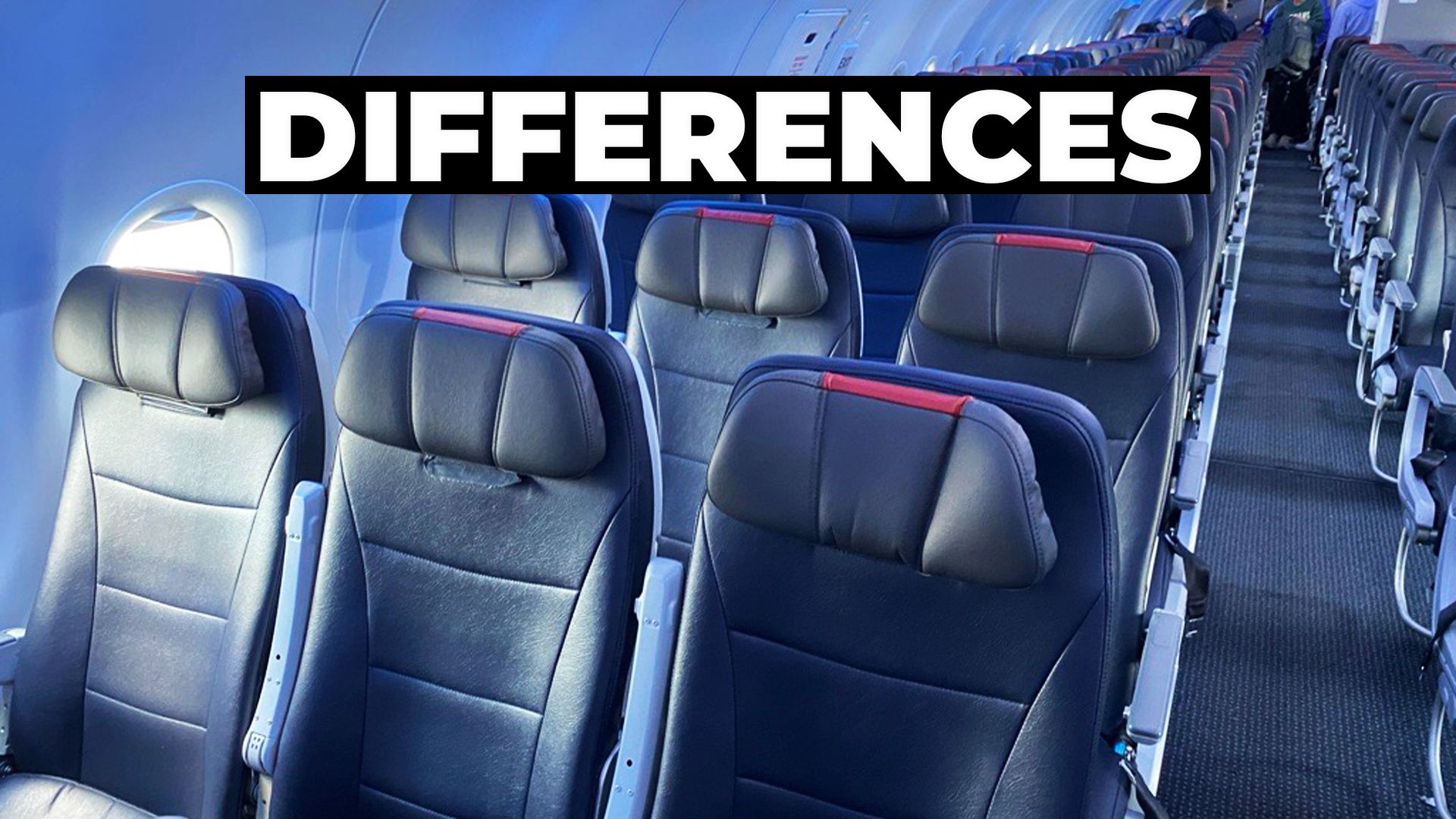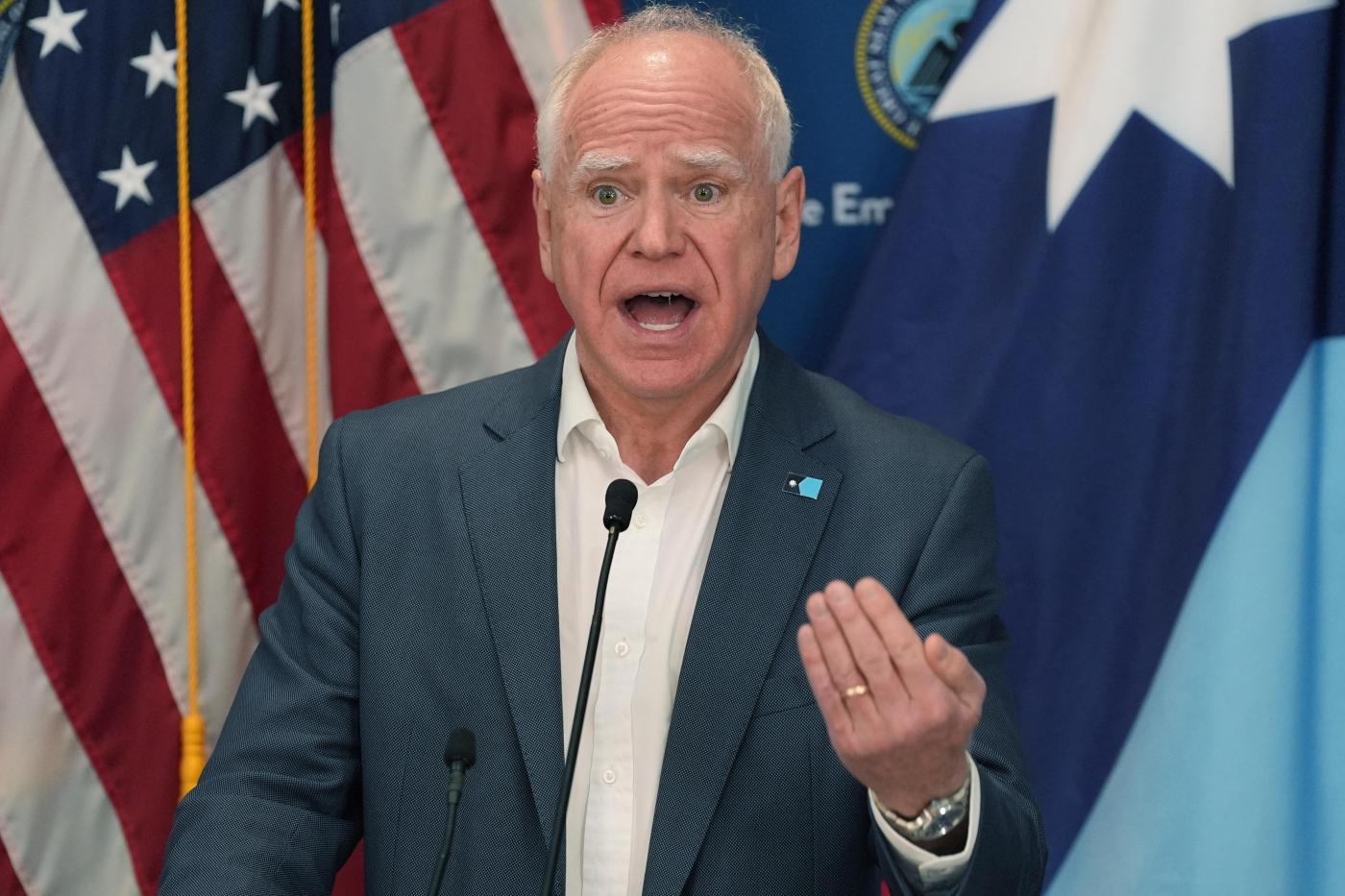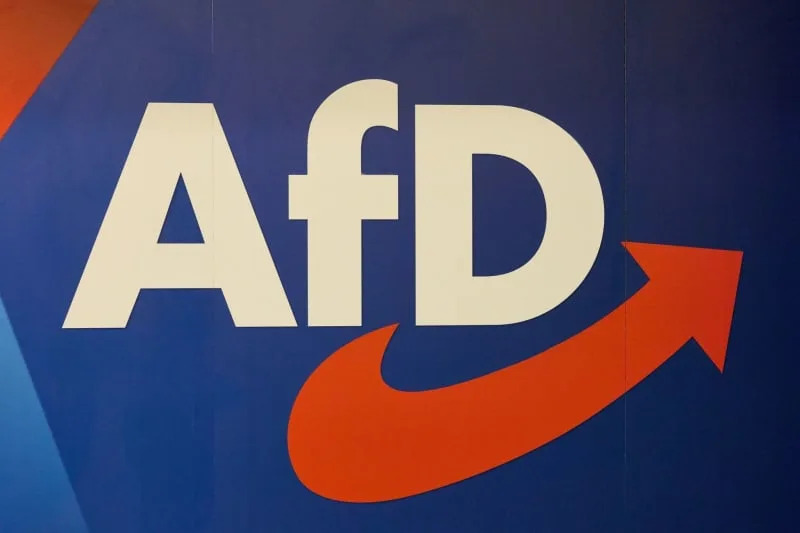Airlines are increasingly introducing basic economy fares to remain competitive in a market where budget airlines dominate. This fare class, which provides limited amenities compared to traditional economy tickets, has reshaped the travel landscape since its inception. The basic economy ticket is not a separate travel class; rather, it represents the lowest fare option within the economy category.
Understanding Basic Economy vs. Economy Class
Economy class has long been the standard for budget-conscious travelers, providing the least expensive tickets along with minimal comfort. Typical economy cabins feature less legroom, narrower seats, and reduced meal options. Despite these limitations, economy class allows passengers to travel globally at relatively low costs.
The introduction of basic economy in the 2010s added a new layer of complexity. First launched by Delta Air Lines in 2012, this fare type aimed to compete with ultra-low-cost carriers like Spirit Airlines. Initially available only on routes where Delta faced direct competition from budget airlines, basic economy quickly spread throughout its domestic network and eventually to long-haul flights. Following Delta’s lead, other major airlines, including United Airlines and American Airlines, adopted similar fare structures, further popularizing the concept.
Passengers purchasing basic economy tickets will find that they are seated in the same aircraft as other economy passengers, but they face significant restrictions. Basic economy fare holders typically cannot select their seats in advance and often board last. For instance, Delta’s basic economy passengers board in Group 10, while United’s board in Group Six.
Restrictions and Differences Among Airlines
The restrictions associated with basic economy tickets vary significantly among airlines. For example, basic economy passengers on Delta cannot accrue SkyMiles and generally do not receive privileges such as upgrades or lounge access. Similarly, United Airlines restricts basic economy customers from checking bags, although some MileagePlus cardholders may receive complimentary carry-on allowances.
American Airlines, while also offering a basic economy option, differs slightly as they allow one checked bag for basic economy passengers. Furthermore, AAdvantage members can change or cancel their tickets for a fee, a flexibility not afforded to many basic economy travelers on other airlines.
The competitive landscape has forced airlines to justify the existence of basic economy fares to both customers and shareholders. While airlines argue that these fares help them compete against budget airlines, many legacy carriers have not significantly lowered their prices. Instead, they have introduced more restrictions, leading customers to reconsider the overall cost of travel when considering potential changes or cancellations.
Market Impact and Future of Basic Economy
The rise of basic economy has resulted in increased upsell opportunities for airlines. By promoting the more flexible economy tickets, airlines can encourage passengers to opt for higher fare classes. This shift has proven particularly advantageous for business travelers, who often require more flexibility when booking flights.
Despite the criticisms surrounding basic economy fares, they have been a financial success for airlines. By offering multiple fare types within the same cabin, airlines can cater to a wider range of passenger needs while improving their competitiveness against budget airlines.
Looking ahead, industry experts speculate that basic economy fare structures may soon extend into business class as well. Emirates has already begun testing a “Special” business class fare on select routes, which offers minimal benefits compared to traditional business class tickets. Both Delta and United have hinted at the possibility of similar fare types for their business classes in the future.
This evolution reflects broader changes in consumer behavior, with more leisure travelers booking premium tickets. As airlines continue to explore fare segmentation, the landscape of air travel is likely to become even more complex, offering passengers a range of options tailored to their specific needs and budgets.
In summary, while basic economy fares may not provide the luxury or comfort of premium travel, they have opened new avenues for airlines to attract passengers who prioritize cost over convenience. As the industry adapts, travelers can expect to see continued innovations in fare types and pricing strategies that shape the future of air travel.







